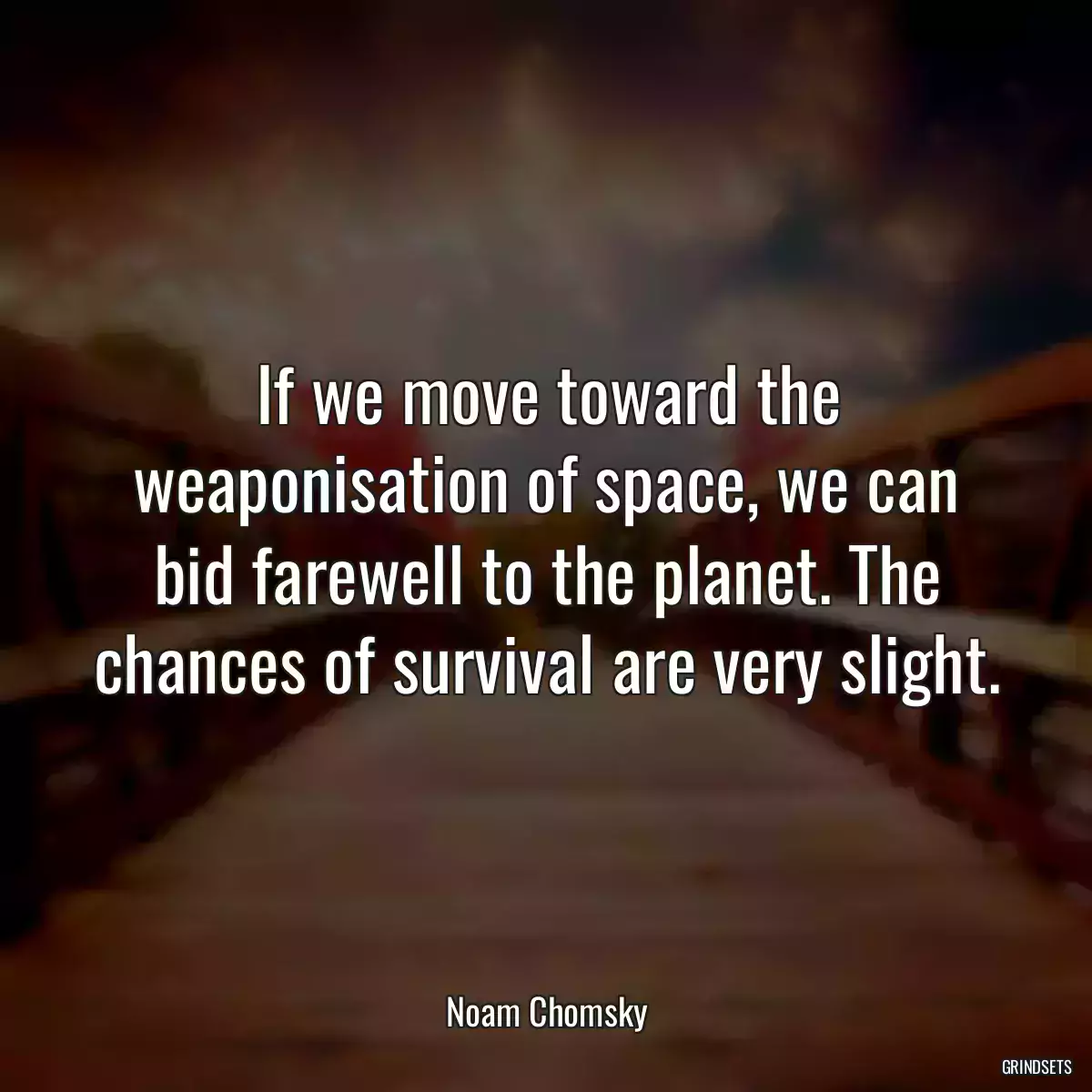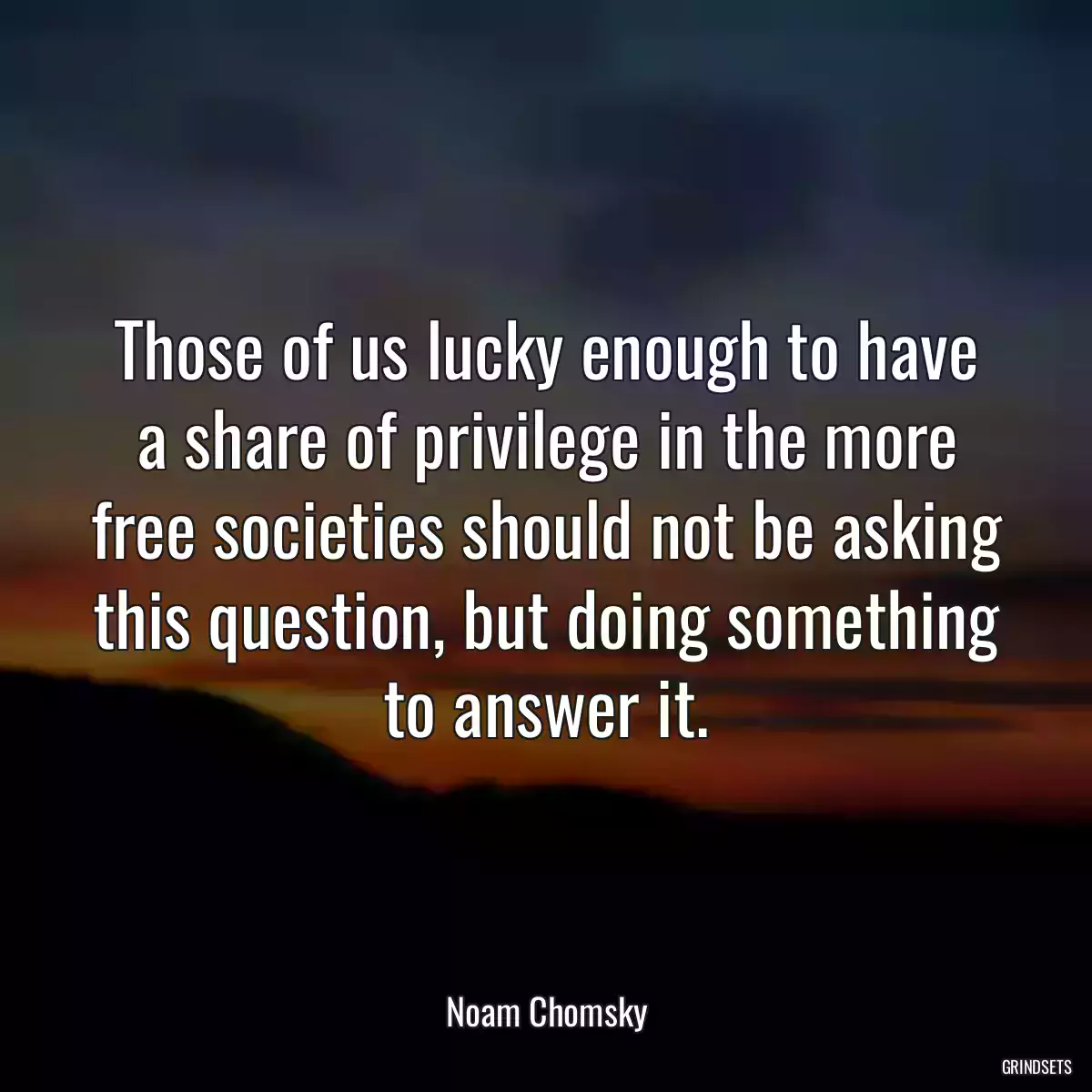
Quotes Noam Chomsky - page 15
Find dozens of Noam Chomsky with images to copy and share.

As soon as questions of will or decision or reason or choice of action arise, human science is at a loss.
The free market is 'socialism' for the rich: the public pays the costs and the rich get the benefit - markets for the poor and plenty of state protection for the rich.
Free markets are based on the free circulation of labor. If you don't have free circulation of labor, you don't have free markets.
You may also like
Government grew under [Ronald] Reagan. He was the strongest opponent of free markets in the post-war history among presidents. But it doesn't matter what the reality is; they concocted an image that you worship.
Haitian rice farmers are quite efficient, but they can't compete with U.S. agribusiness that relies on a huge government subsidy, thanks to Ronald Reagan's free market enthusiasms.
Anarcho-syndic alism took for granted that working people ought to control their own work, its conditions, the enterprises in which they work, along with communities, so they should be associated with one another in free associations, and democracy of that kind should be the foundational elements of a more general free society.
It [the internet] should be publicly controlled but Washington is not a system of public control, it's mainly a system of corporate control. We ought to have a free internet, but that means having a free society, and there is fundamental questions there.
As we [with Edward Herman] discuss there [in Manufacturing Consent] and elsewhere, recognition of the importance of "manufacturing consent" has become an ever more central theme in the more free societies.

In many respects, the United States is a great country. Freedom of speech is protected more than in any other country. It is also a very free society.
If we don't believe in free expression for people we despise, we don't believe in it at all.
Goebbels was in favor of free speech for views he liked. So was Stalin. If you’re really in favor of free speech, then you’re in favor of freedom of speech for precisely the views you despise. Otherwise, you’re not in favor of free speech.
Free speech has been used by the Supreme Court to give immense power to the wealthiest members of our society.
Evaluating countries is senseless and I would never put things in those terms, but that some of America's advances, particularly in the area of free speech, that have been achieved by centuries of popular struggle, are to be admired.
Anyone in a position to overcome barriers to free thought and communication should do so.
There is a phrase in trade theory; it's called "kicking away the ladder." First you violate the rules - the market rules - and then by the time you succeed in developing, you kick away the ladders so others can't do it too, and you preach about "free trade.
The US does not observe the free-trade principles. Those are for the weak. So agribusiness is highly subsidized and pours product into Mexico and drives out Mexican farmers. Maybe they have to go into the cities, and they don't have jobs to support them, so they flee across the border.
You may also like
![When [Bill] Clinton came along, it sort of moderated a little bit, but Clinton had a different device for breaking unions called NAFTA [North America Free Trade Agreement]. Because the government was entirely lawless, employers could exploit NAFTA to threaten union organizers with transfer. It\'s illegal, but when you\'ve got a lawless government, it doesn\'t matter if it\'s illegal. I think the number of union drives blocked increased by about 50 percent.](/fotos/30/308f6c1c86f28ee2bfc9d7efa5b80deb.webp)
When [Bill] Clinton came along, it sort of moderated a little bit, but Clinton had a different device for breaking unions called NAFTA [North America Free Trade Agreement]. Because the government was entirely lawless, employers could exploit NAFTA to threaten union organizers with transfer. It's illegal, but when you've got a lawless government, it doesn't matter if it's illegal. I think the number of union drives blocked increased by about 50 percent.
It's not a free trade agreement. It has virtually nothing to do with free trade... It's a protectionist agreement; it's anti free-trade.